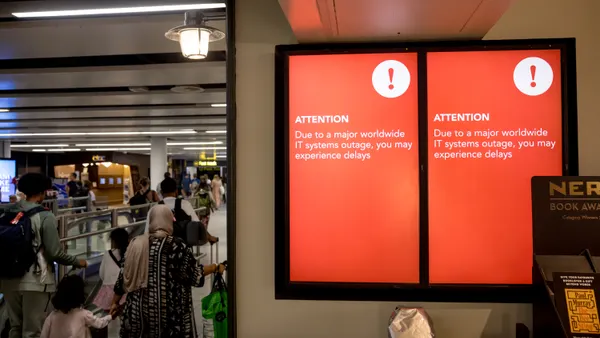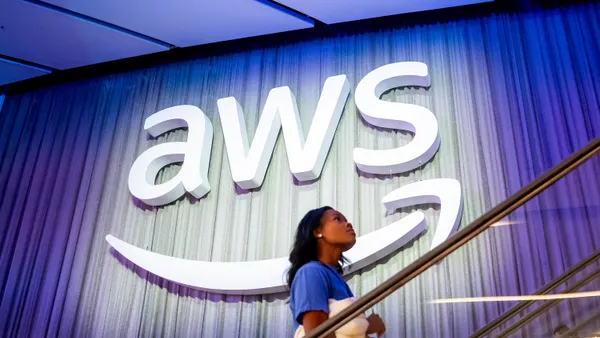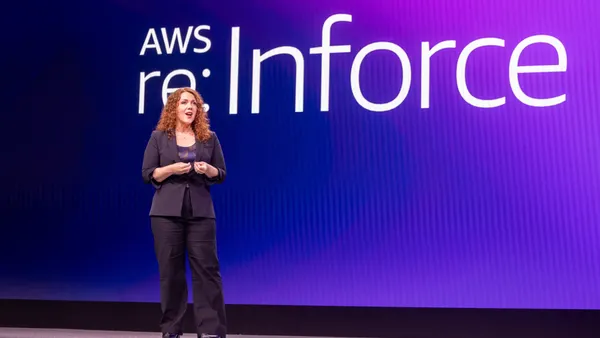Dive Brief:
- Members of the House Energy and Commerce Committee called on lawmakers and technology executives Tuesday to discuss their views in a hearing about encryption legislation.
- Representatives from Apple and the FBI argued their views on encryption and rehashed some details of their recent battle over the hacking of an iPhone used by a gunman in the San Bernardino, Calif., mass shooting.
- Last week, Senators Richard Burr and Dianne Feinstein released a draft version of a bill that would allow judges to order tech companies to comply with law enforcement requests to access data on encrypted devices.
Dive Insight:
Apple’s general counsel, Bruce Sewell, said encryption does not prevent law enforcement from solving crimes. But Amy Hess, the Federal Bureau of Investigation’s executive assistant director for science and technology, countered that since October, the FBI has come across passwords on 30% of the devices it has acquired during investigations. Another 13% of the time, she said, they have had no capability to unlock the devices.
Hess also defended the FBI’s recent hiring of a hacker to obtain access to an iPhone used by a gunman in the San Bernardino, Calif., mass shooting last December, but declined to share details about how exactly the FBI was able to access the data on that iPhone.
Sewell defended Apple’s privacy policies overall.
"As you heard from our colleagues in law enforcement, they have the perception that encryption walls off information to them," said Sewell, according to a New York Times article. "But technologists and national security experts don’t see the world that way. We see a data-rich world that seems to be full of information. Information that law enforcement can use to solve — and prevent — crimes.”
Heated debate over the legislation and encryption in general looks likely to continue for several months to come, particularly as privacy experts and officials line up to take sides over the potential encryption legislation.













